
October 23, 2025
Discover how Mix Master strengthens your brain just like an instrument - training focus, creativity, and emotional intelligence through the science of sound.
Read more.png)
September 8, 2025
Tools like Suno are now powerful enough to generate melodies, lyrics, and even full songs in seconds. That’s exciting—and controversial. Just ask Timbaland. Recently, he came under fire..
Read more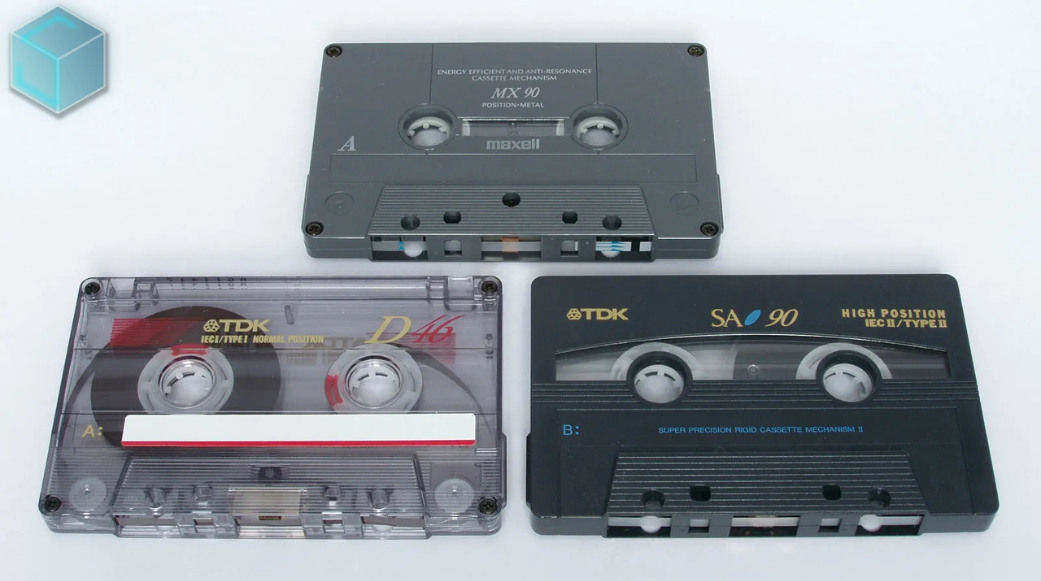
August 23, 2025
The 1980s and 1990s analog music medium known as cassette cassettes is experiencing an unanticipated comeback, with Gen Z spearheading the trend. Taylor Swift, who included cassettes in the release...
Read more
August 23, 2025
This week's most notable headline: Doja Cat's erotically charged, '80s-inspired music video, "Jealous Type," is dominating social media feeds and cultural discourse, marking her most daring...
Read more
August 23, 2025
J-hope and GloRilla's "Killin' It Girl," a spectacular blend of K-pop flare and shameless hip-hop heat that has taken the world by storm, is this week's winner of the Best Collaboration of Summer...
Read more
August 23, 2025
Carly Rae Jepsen is giving fans the ultimate gift for the 10th anniversary of her critically adored album Emotion: a special edition featuring four never-before-heard tracks and two fresh remixes...
Read more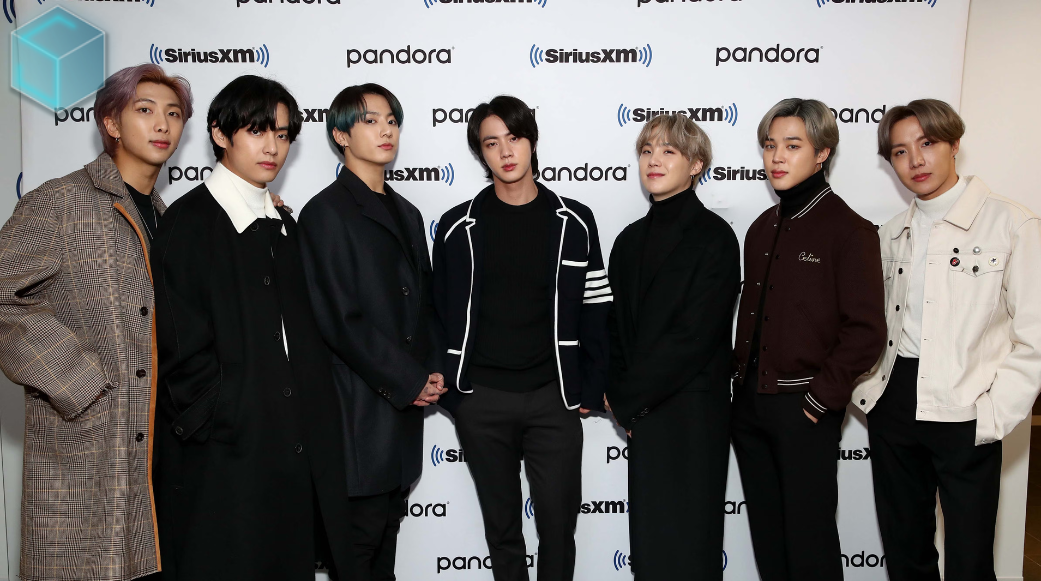
August 23, 2025
The wait is over, ARMY! BTS is officially back together and balancing work and play in their first moments of reunion after completing mandatory military service. J-Hope sent fans into a frenzy...
Read more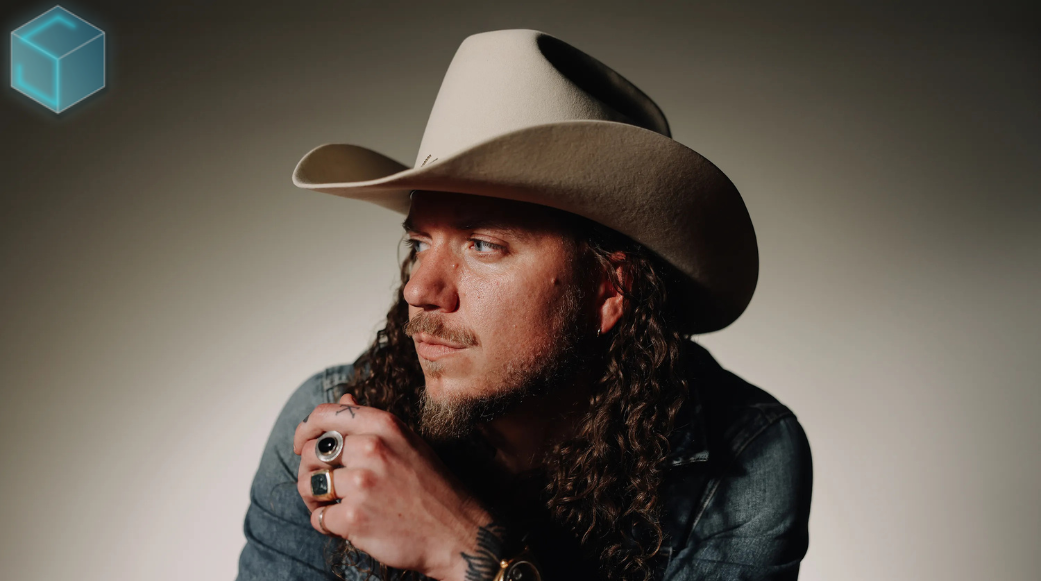
August 23, 2025
Christian music stepped outside of its quiet comfort zone in 2025. "Hard Fought Hallelujah," a worship song by Brandon Lake, went platinum, sold out festival stages, and exploded from churches to...
Read more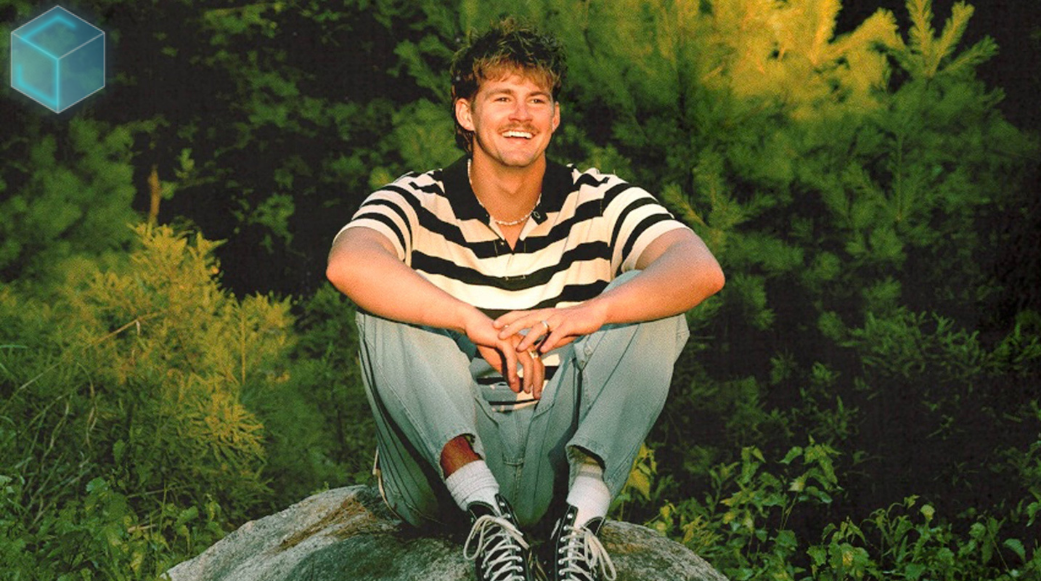
August 23, 2025
In late July 2025, Christian artist Forrest Frank (of Surfaces, now a solo juggernaut in faith-pop) posted from a hospital bed: he’d fractured his L3 and L4 vertebrae in a skateboarding accident...
Read more
August 21, 2025
On September 16, the masked metal phenomenon Sleep Token will embark on their 2025 "Even In Arcadia Tour" across North America. The 18-show tour, which includes a huge date at Brooklyn's Barclays...
Read more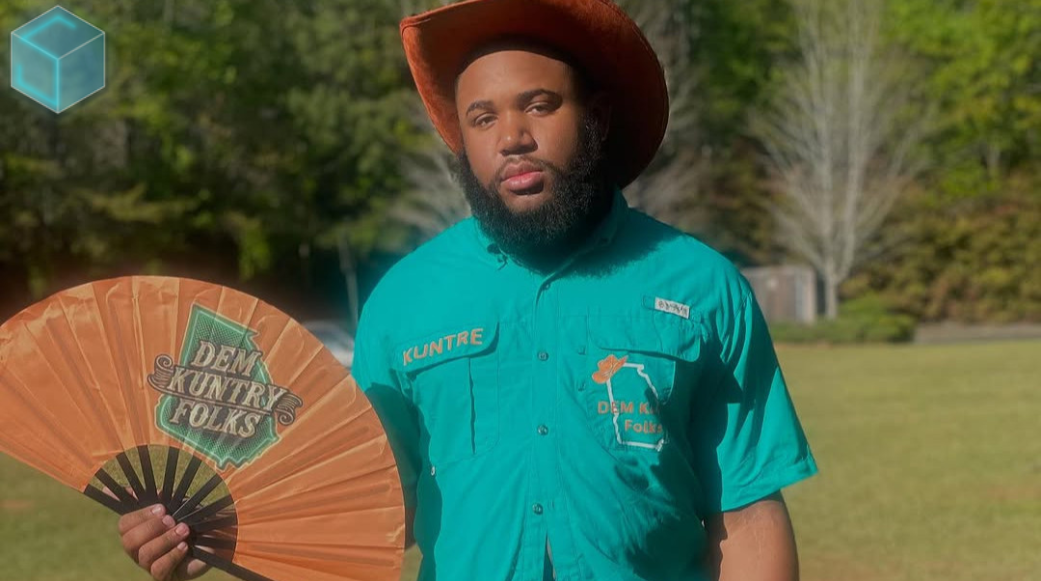
August 21, 2025
Due to a line dance that went viral and won over fans' hearts both inside and outside of the United States, 22-year-old Tre Little's song "Boots on the Ground" has become a cultural sensation this...
Read more
August 21, 2025
In addition to preparing for her next album, The Life of a Showgirl, Taylor Swift is reviving the physical medium this week by putting her songs on cassette tapes. This sentimental action...
Read more
Photo Credit: Global News
Copyright infringement cases are very much on the rise in the music industry. Recently, Ed Sheeran was on the receiving end of one. Fortunately for him and the music industry as a whole, he won.
Who was suing Sheeran and what exactly was he being accused of?
The estate of Ed Townsend, the co-writer of Marvin Gaye’s “Let’s Get It On,” accused Sheeran of copying a portion of their song in Sheeran’s song “Thinking Out Loud.” Specifically, a similar four-chord progression was under the microscope.
Songs like Gaye’s that were written before 1978 are protected by very limited copyright laws. In fact, only the sheet music submitted to the Copyright Office is protected. That means that only chords, lyrics, and vocal melody are protected.
As such, chords are the main part being debated in this court case.
According to the plaintiff, the chord progression in Sheeran’s song was “virtually identical” to the one in the same spot in Gaye’s song. However, the second chord slightly varies between the songs. The plaintiff argued that this specific use was original enough to warrant copyright protection. Alexander Stewart, a musicologist brought in as a witness, backed up these claims along with a mash-up song that Sheeran had performed using the two songs in the case.

Photo Credit: Elizabeth Cook/PA
As can be seen, Sheeran did not take this accusation lying down.
“To have someone come in and say, ‘We don’t believe you, you must have stolen it. I find that really insulting.”
The mash-up video shown as evidence was quickly shot down by Sheeran:
“If I had done what you’re accusing me of doing, I’d be a quite an idiot to stand on a stage in front of 20,000 people and do that.”
Furthermore, Sheeran proved how easily pop songs can be combined into a mash-up by segueing his songs to other popular songs, including songs by artists Nina Simone, Stevie Wonder, Bill Withers, Blackstreet, and Van Morrison. He did all of this with this guitar on the spot in the courtroom.
For the chord progression, Sheeran argued that these chords are the most basic blocks of creating music. Songs like “Georgy Girl” by the Seekers and “Hurdy Gurdy Man” by Donovan proved exactly that. Even a guitar textbook that was brought forward contained this knowledge.
“There’s only so many notes and very few chords used in pop music,” Sheeran said in an Instagram video. “Coincidence is bound to happen if 60,000 are being released every day on Spotify.”
Luckily, Sheeran won his case. But why is this lucky? The main reason is that losing would have set a dangerous precedent in the music industry. One where anyone could easily accuse anyone of copyright infringement for the most basic of things.
Furthermore, privatizing these building blocks of music would make songwriting incredibly difficult.
Jennifer Jenkins, a law professor specializing in music copyright, emphasized this: “If in this case an extremely common chord progression, set to a basic harmonic rhythm, is privatized, then we are going in reverse, and we are removing essential ingredients from every songwriter’s tool kit.”
Ultimately, all music is inspired by other music. It is pretty much impossible to find a song that doesn’t contain anything from other songs.
If that’s the case, then banning people from using certain songwriting tools would greatly stagnate the creation of new music. And nothing good can come from that.

Photo Credit: Entertainment Tonight